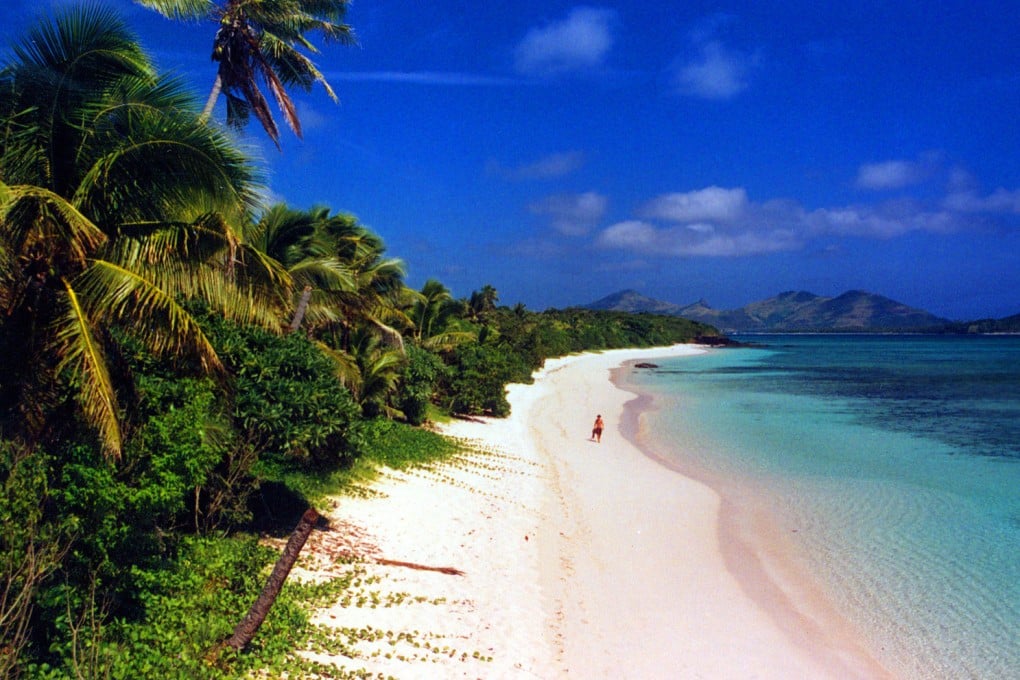Opinion | Pushback to Chinese project in Fiji shows opposition to mega-tourism rising in the Pacific
- Opposition has been growing to a US$300 million project proposed by Chinese developers due to its proximity to one of Fiji’s last remaining mangrove forests
- In 2019, approval for a multimillion-dollar Chinese-funded project was revoked after part of a reef was destroyed, and construction disrupted traditional fisheries

But this isn’t a simple case of returning to normal. The past three years have allowed time for reflection, leading to a rising awareness of possible alternatives to pre-pandemic tourism models.
From senior levels within governments to grass roots tourism operators and citizens, there has been serious discussion about the resumption of business as usual, including several regional symposia hosted by the South Pacific Tourism Organisation.
Issues of sovereignty and future resilience have been very much to the fore – quite atypical in a global tourism industry largely focused on boosting numbers as soon as possible. Questions remain, however, about the gap between rhetoric and reality.
Flipping the narrative
The Pacific Sustainable Tourism Leaders Summit in November 2022 brought together tourism ministers and industry stakeholders to discuss the future of regional tourism. This led to a regional commitment signed by 11 countries focused on promoting sustainable tourism.


